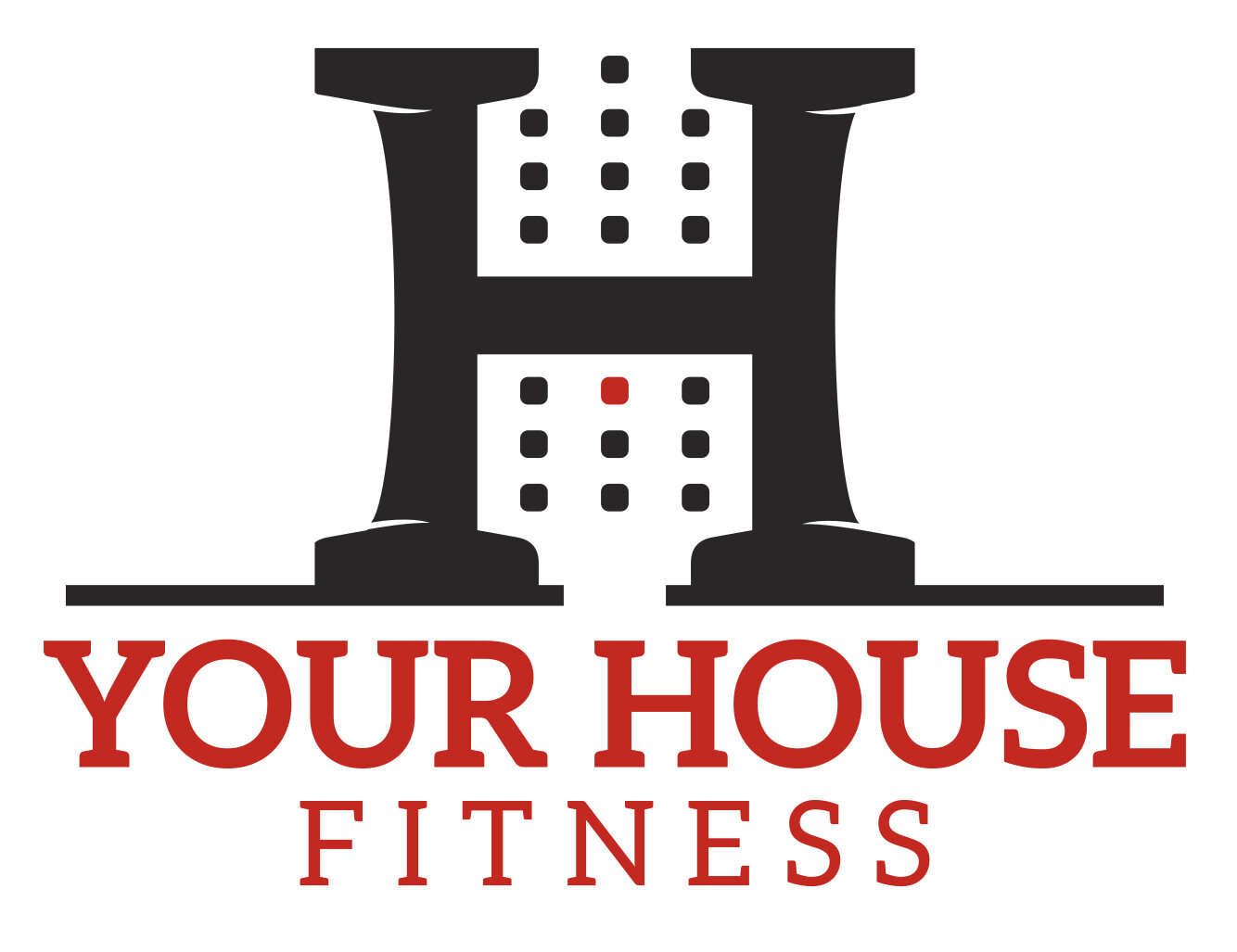Exercise Tutorial: Arnold Press
Table of Contents
What Is An Arnold Press
The Arnold Press is a variation of the Shoulder Press that will engage all three areas of the Deltoid- The Anterior, Lateral and Posterior Deltoid. This is important as many upper body exercises will engage the Anterior Deltoid, but the Lateral and Posterior Deltoid is often forgotten. The Arnold Press aims to give you the large and defined shoulders that many athletes aim for.
How to Do An Arnold Press
The Arnold Press can be broken down to easily understand the movement. If you are unsure about how to do an Arnold Press, follow these simple steps:
Hold a dumbbell in each hand. We suggest starting light and then increasing the load as you become familiar with the movement.
Begin with your elbows close to the body and dumbbells at about shoulder height. Your palms will start facing the body.
Begin to press the dumbbells over the head. As you do so, your arms will come out to the side as you rotate the wrists. By the time the dumbbells are in the final position above the head, your palms will be facing away from the body.
Slowly return to the starting position by reversing the movement. Your palms will return to facing the body as in the starting position. Repeat the movement for the required amount of reps and sets.
Arnold Press Form
Arnold Press Form can be hard to master at first. This is why it is important to begin with a lighter load if you have never performed the Arnold Press. When completing the Arnold Press while standing, you need to squeeze the glutes and brace the core throughout the movement. It is imperative that you avoid hyperextension of the spine and keep the shoulders down and back.
Additional Arnold Press Form tips include keeping the elbows tight to the body during the beginning and end of the movement and fully extending the arm at the top of the press.
Arnold Press Muscles Worked
The Arnold Press will primarily target the muscles of the Anterior Deltoid, Medial Deltoid and Posterior Deltoid. Additionally, the Arnold Press will work the Serratus Anterior, and Triceps Brachii. If you are performing the Standing Arnold Press that we described above, you will also recruit stabilizing muscles in the back and glutes.
Arnold Press Benefits
The main Arnold Press benefit is that it will engage all sections of the Deltoid. Additional Arnold Press Benefits include, can help improve posture, increased muscle size and strength and will increase time under tension for the muscles worked.
Why Is The Arnold Press Useful
The key selling feature of the Arnold Press, and what makes this exercise the useful is that it will strengthen all three sections of the Deltoid. As previously mentioned, this is important because some sections of the Deltoid can be underdeveloped or lack strength because they do not receive as much engagement as the Anterior Deltoid does in most shoulder exercises. If you are looking for defined shoulders like Arnold Schwarzenegger, this Arnold Press is for you!
Arnold Press Alternatives
There are many Arnold Press Alternative that you can add to your exercise routine! Some popular Arnold Press Alternatives include,
Inclined Dumbbell Shoulder Press
Arnold Press Vs Shoulder Press
Both the Arnold Press and the Shoulder Press will target and strengthen the muscles in the shoulder. Both are effective exercises, but which one should you include in your exercise routine? The answer depends on your goals, and what you are looking for in a shoulder exercise. As we’ve continually emphasized, the Arnold Press will engage the entire Deltoid, giving the shoulders a fuller appearance.
For this reason, you can consider the Arnold Press to be a more engaging movement than the conventional shoulder press. Regardless of the exercise you choose, the Arnold Press and the Dumbbell Shoulder Press are very similar and effective.
Arnold Press Variations
The Arnold Press has a few different variations that you can try. These Arnold Press variations are listed below.
Arnold Dumbbell Press
The Arnold Dumbbell Press is the variation that we have described above. The Arnold Shoulder Press can be completed seated or standing. The variation that we described occurs in the standing position.
Seated Arnold Press
The Seated Arnold Press is completed on a bench at an incline of 0 degrees. Straddle the end of the bench with your legs and perform the Arnold Press as usual. You can raise the back of the bench to provide support for the back if needed, however this may reduce the engagement of some of the stabilizing muscles.
Arnold Shoulder Press
The Arnold Shoulder Press is the longer title of the Arnold Press. Many exercises have a few different names, the Arnold Shoulder Press is one of those alternatives.
Standing Arnold Press
The Standing Arnold Press is the variation that we described step-by-step at the beginning of the article. The Standing Arnold Press can provide the most benefits as it recruits stabilizing muscles in the glutes and back.
Arnold Bench Press
The Arnold Bench Press is referring to the celebrity, Arnold Schwarzenegger who is a famous athlete. Arnold was known for being incredibly strong and many athletes desired to look like him. Arnold competed in many powerlifting and weightlifting competitions.
Single Arm Arnold Press
The Single Arm Arnold Press is the Arnold Press that is completed using only one arm. You can perform this variation seated or standing. Single arm variations will help to increase unilateral strength.
Half Arnold Press
Generally performed in a seated position, the Half Arnold Press is an Arnold Press that does not involve the full extension of the arm, only half. This can be a great variation to warm up the shoulder and the Rotator Cuff before progressing to the Arnold Press.


